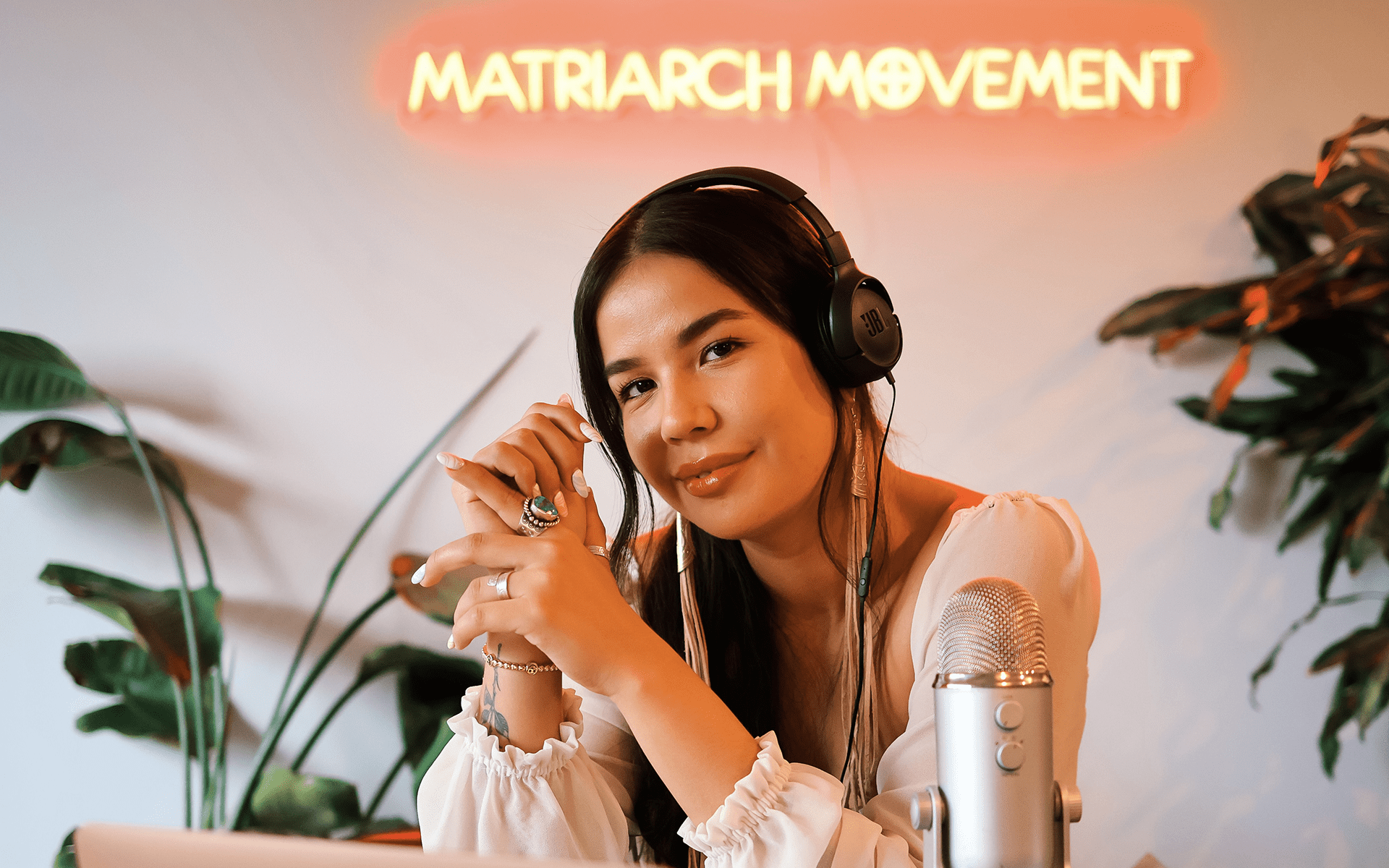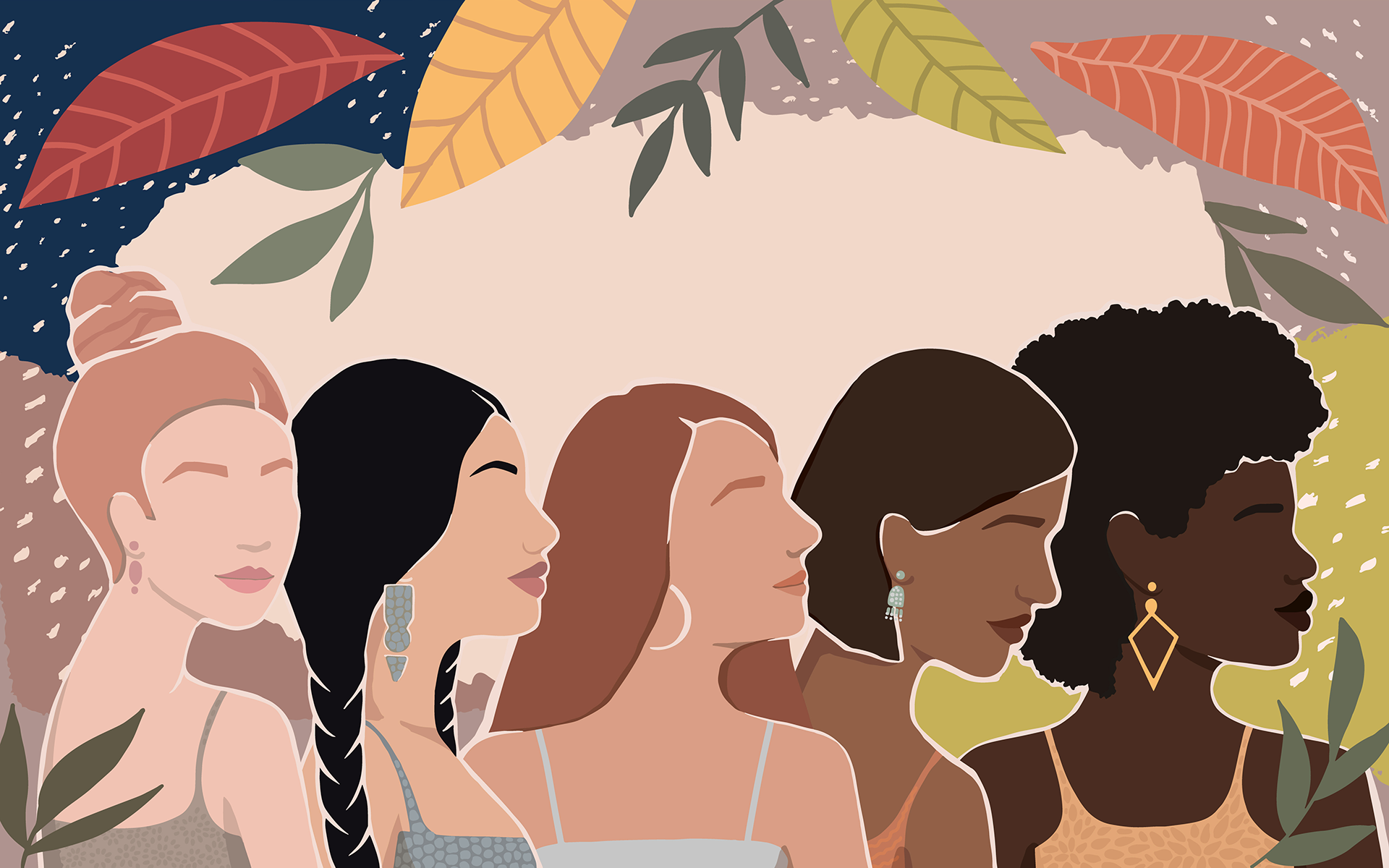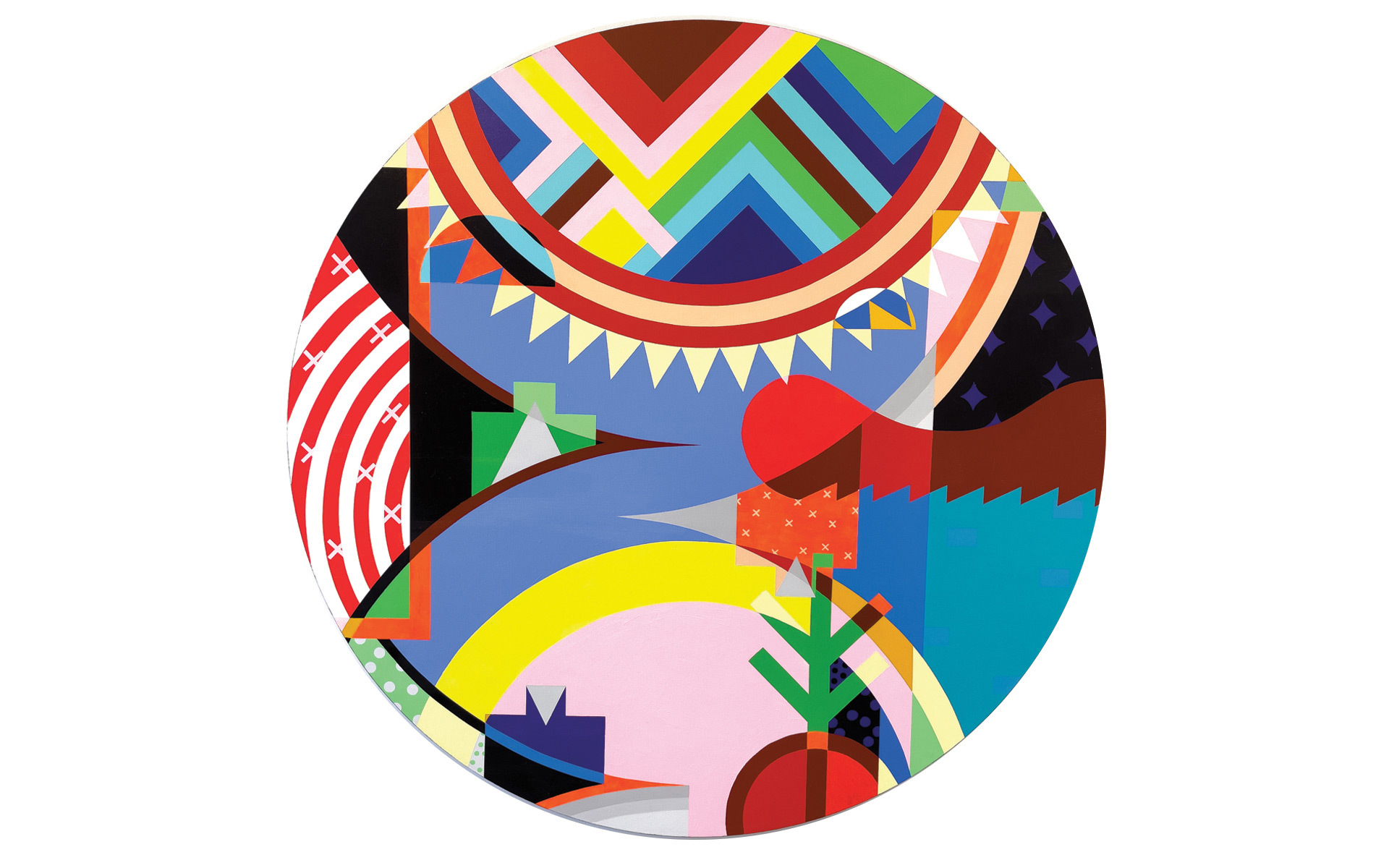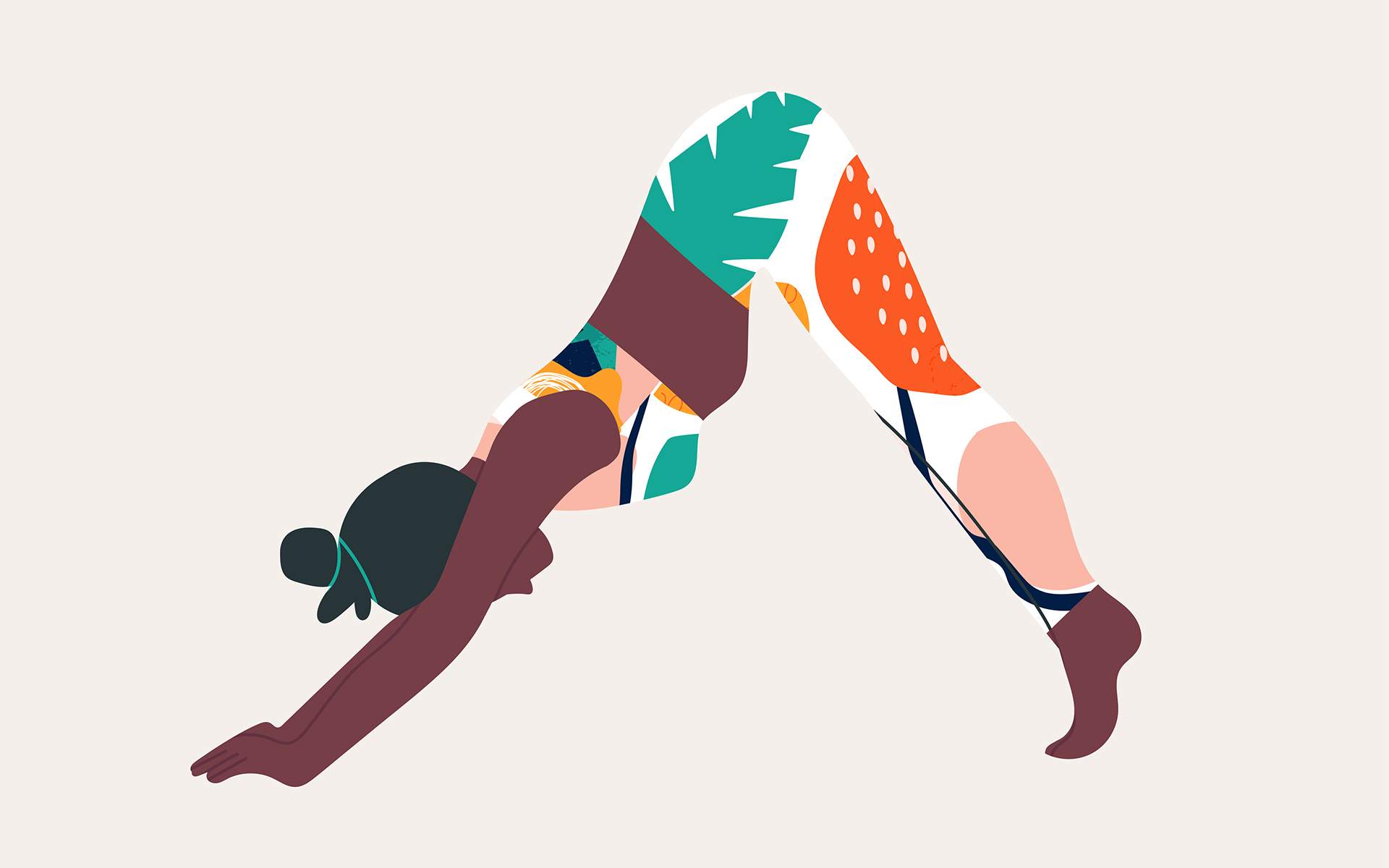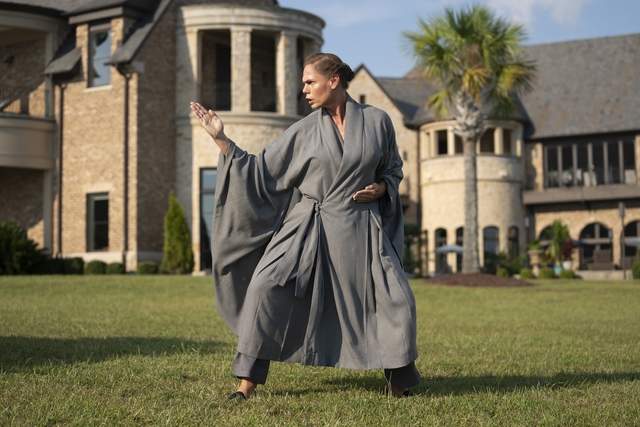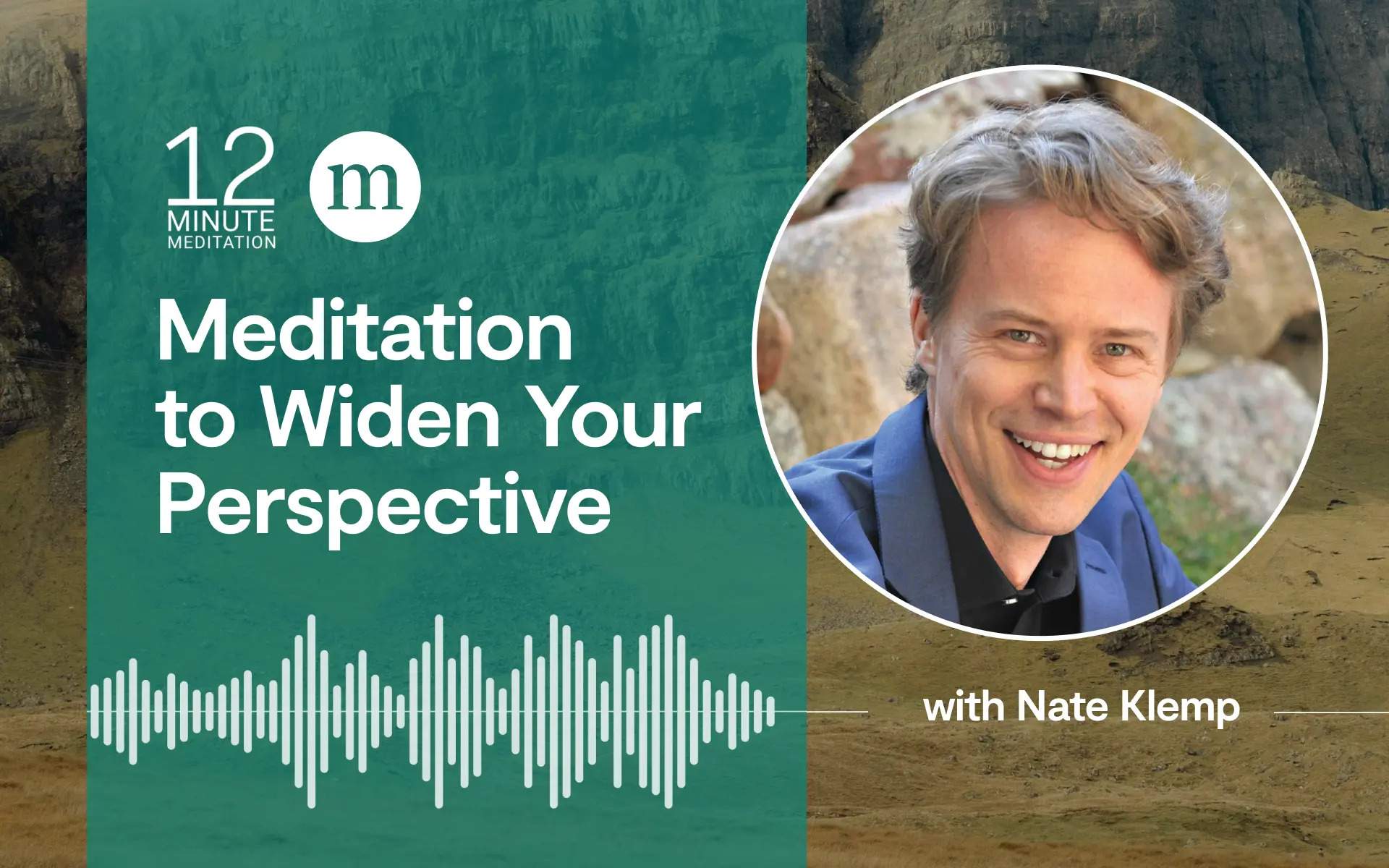Shayla Oulette Stonechild reluctantly made her way through Vancouver to her first ever yoga class, coaxed by a friend. Oulette Stonechild was 19 years old and skeptical, expecting that she’d be asked to do complex postures. But, there on her mat, it was her emotions that posed the challenge. “That was the first time that I couldn’t run away from any part of my identity anymore,” she says.
Oulette Stonechild is Nehiyaw Iskwew (a Plains Cree woman) from Muscowpetung Saulteaux First Nation, Treaty 4 territory in Saskatchewan, Canada. She grew up in Medicine Hat, Alberta, in a predominantly white community and says that she didn’t really reconnect to her heritage until the age of 16, when her father took his own life. Kevin Stonechild had survived the residential school system, then the prison system, in which Indigenous people are drastically overrepresented due to centuries of systematic racism enforced by colonial systems. “I started questioning a lot about my roots and what it means to be alive and what it means to be human,” Oulette Stonechild says. “I quickly found out that mindfulness is for everyone. And what you practice on the mat, you also practice in the world.”
I quickly found out that mindfulness is for everyone. And what you practice on the mat, you also practice in the world.
Today, Oulette Stonechild lives in Montreal and is a yoga teacher, Indigenous rights activist, TV host of APTN’s “Red Earth Uncovered,” and a part of Lululemon’s Diversity and Inclusion committee. “When I get attached to a role I’m playing, I start to restrict and lose parts of myself,” she says. “I’m starting to detach from what I view myself as, but also the responsibilities that other people put on to me.”
“We’re still advocating for clean drinking water here in Canada. We’re still advocating for Missing and Murdered Indigenous Women and two-spirit people, and for our basic human needs being met”, says Oulette. “I think there’s still a lot of healing that needs to happen not only within Indigenous people but also non-Indigenous people before we can really come together.”
“Whether you’re Indigenous or not, we just went through a global pandemic, so how can we support one another and see one another as we are?”
read more
10 Powerful Women of the Mindfulness Movement: 2022
In our fourth annual focus on women leaders of the mindfulness movement, ten women share what they’ve learned about living a life of meaning and purpose and how cultivating happiness fits into the equation.
Read More
All Our Relations: Four Indigenous Lessons on Mindfulness
There’s healing in acknowledging our interconnectedness. Four Indigenous wisdom keepers share how their practice helps them remember.
Read More
A Gentle Movement Practice to Connect With Your Brave Heart
In this seated yoga practice, we cultivate the tools to nurture, strengthen, and give courage to our fearless hearts.
Read More


